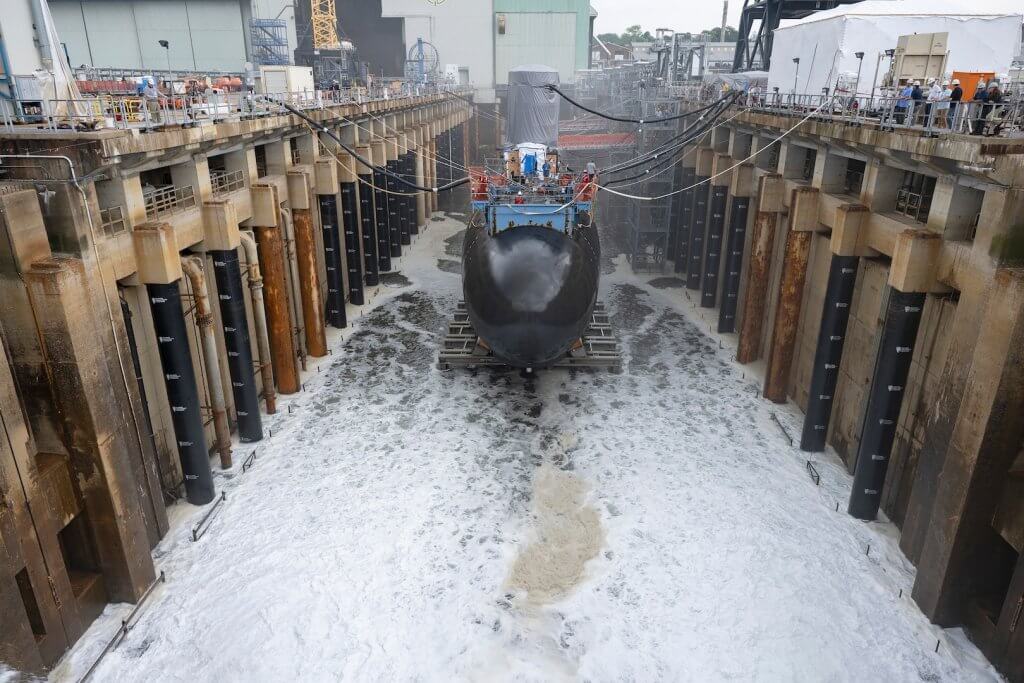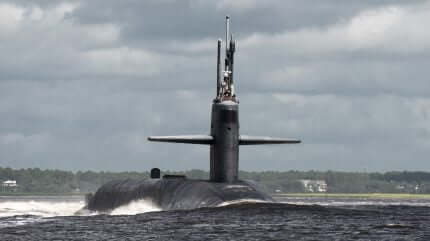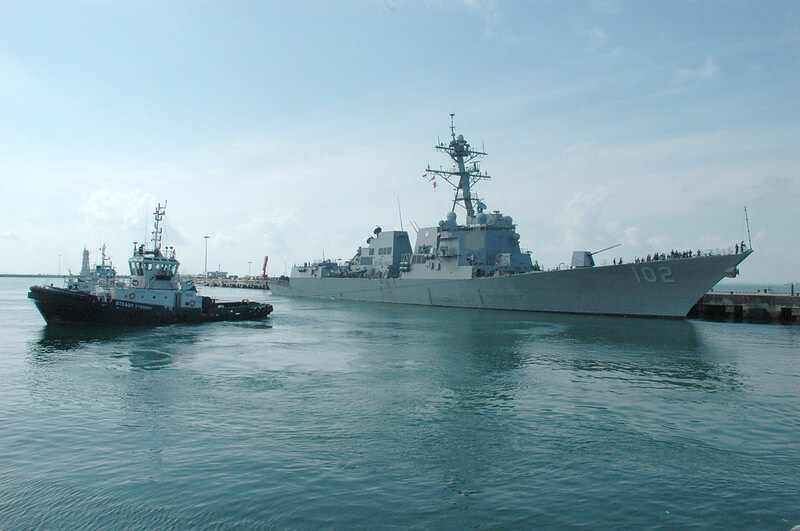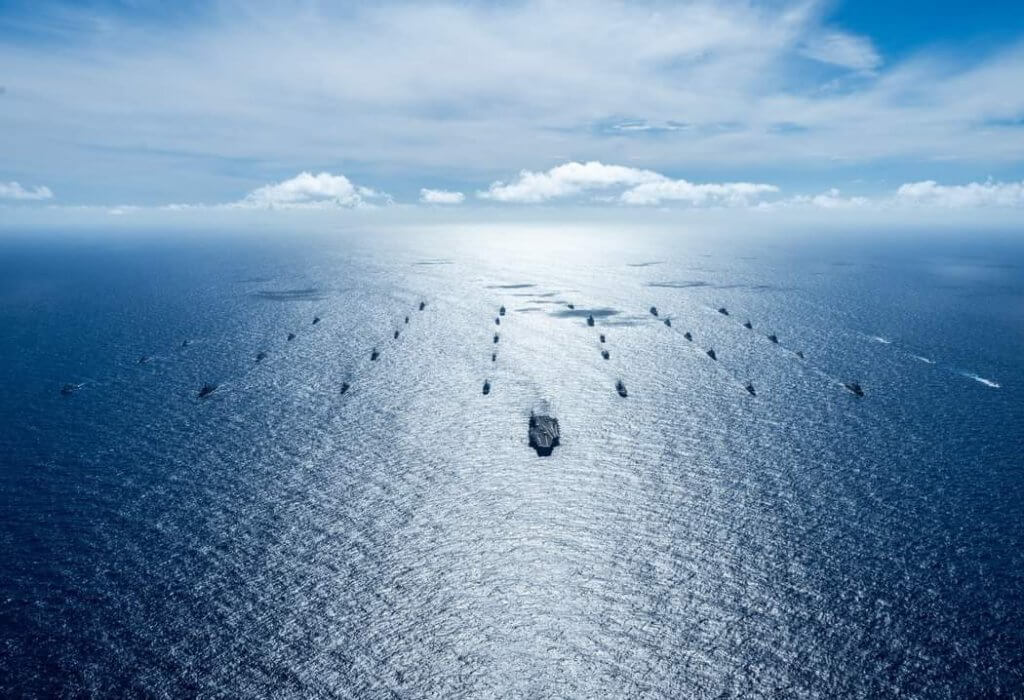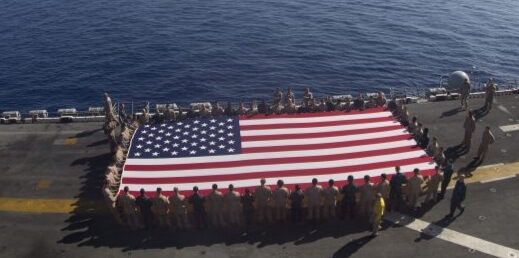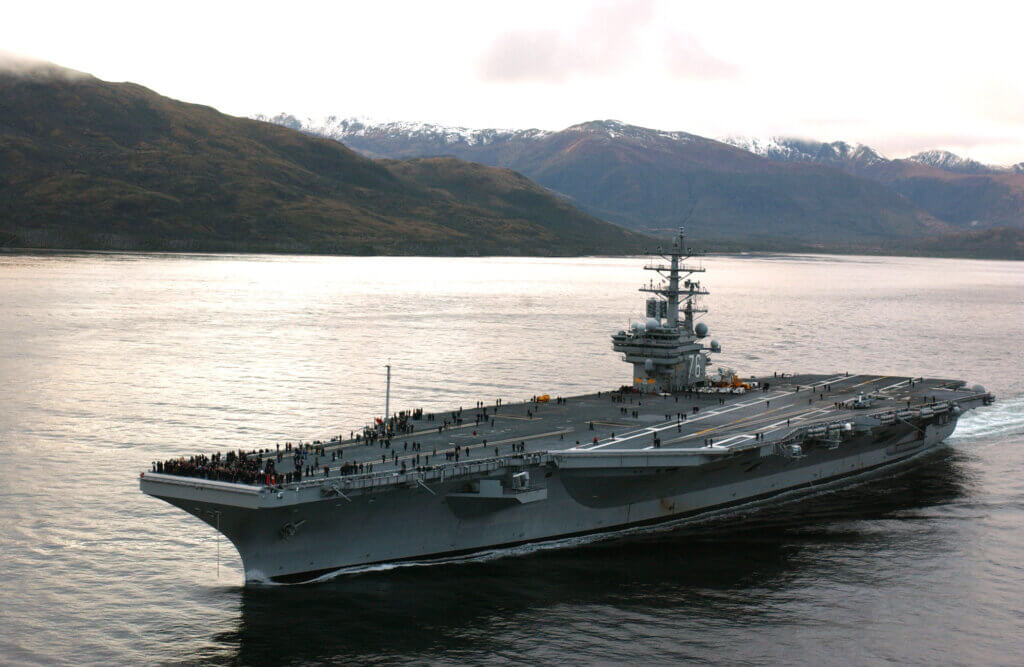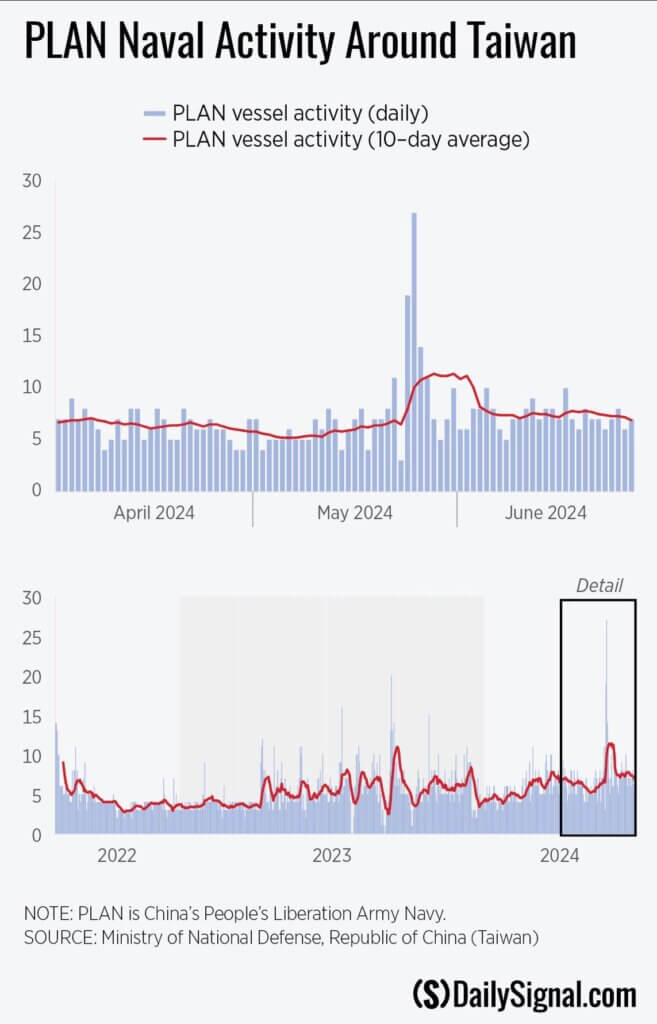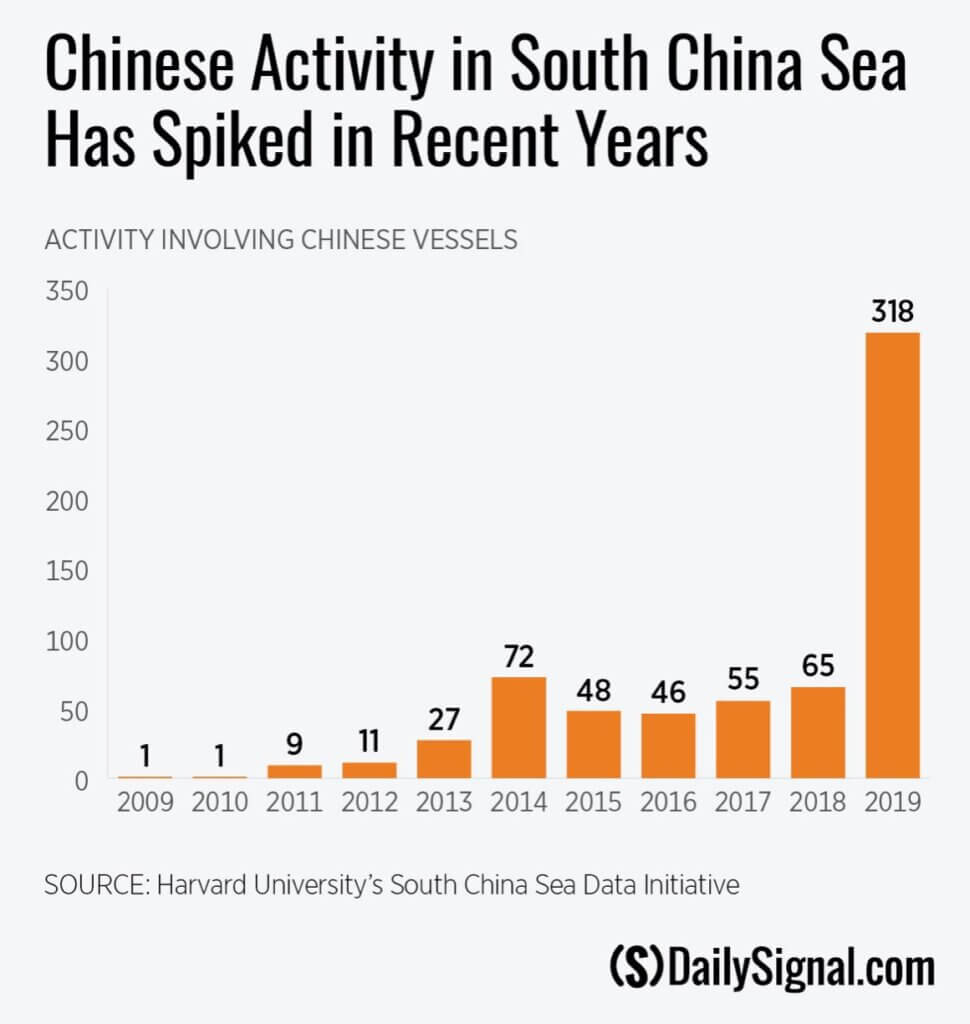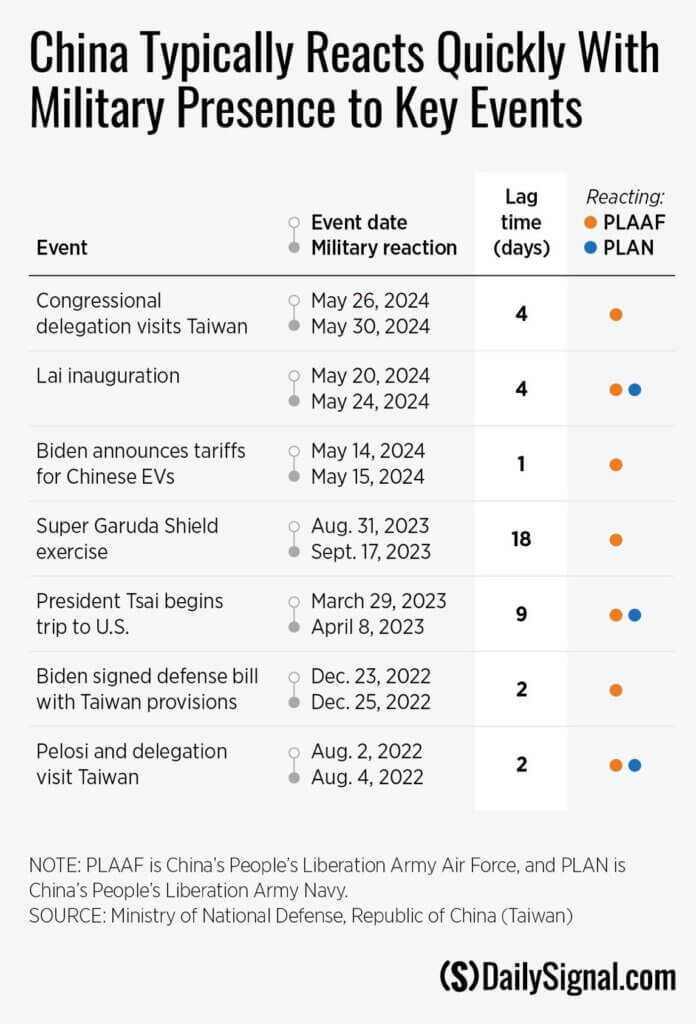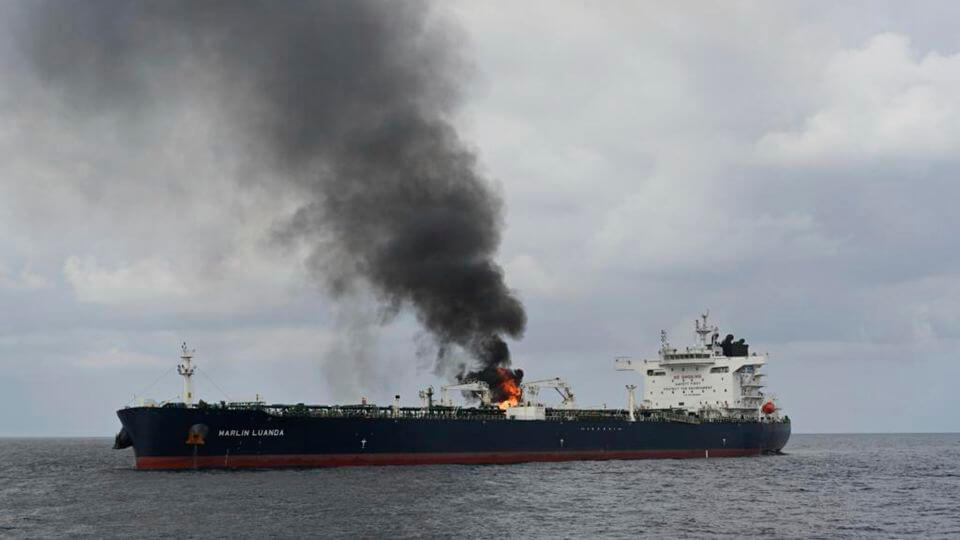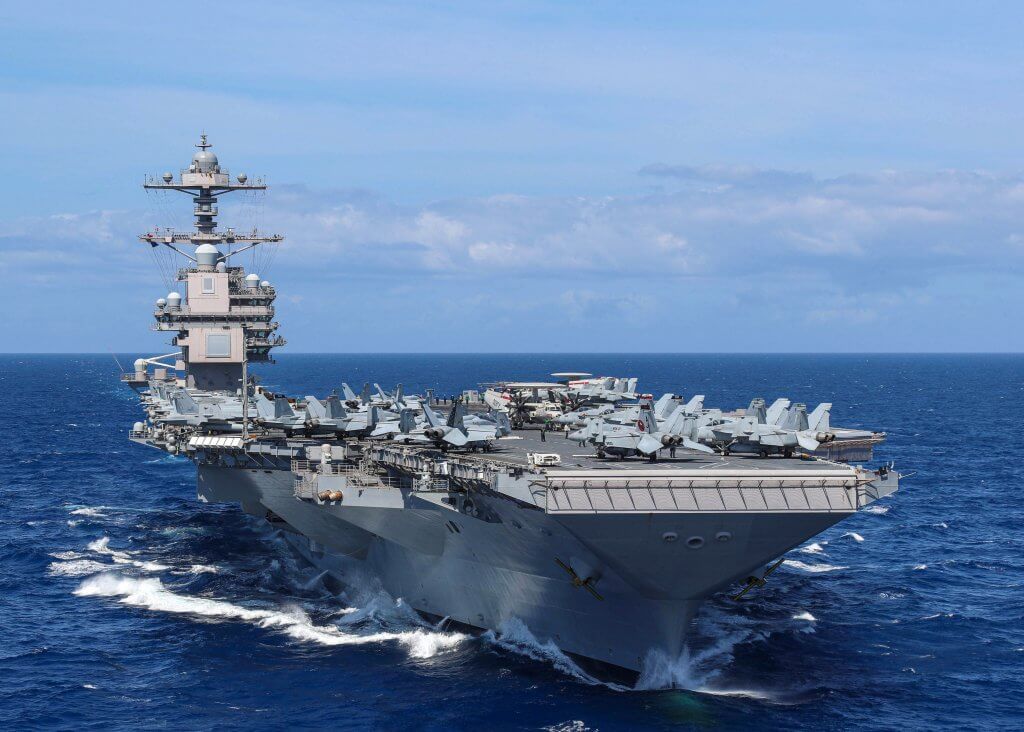
U.S. Naval News Wednesday – August 21, 2024
Operational Updates
- USS Gerald R. Ford Completes First Patrol in Mediterranean
Location: Mediterranean Sea
The USS Gerald R. Ford (CVN-78), the Navy’s newest and most advanced aircraft carrier, has completed its inaugural patrol in the Mediterranean. This marks a significant milestone for the Ford-class carrier, enhancing U.S. naval presence and power projection in the region amidst ongoing geopolitical tensions. - USS Makin Island Transits the Taiwan Strait
Location: Taiwan Strait
In a show of force and commitment to maintaining freedom of navigation, the USS Makin Island (LHD-8), an amphibious assault ship, transited the Taiwan Strait. This operation demonstrates the U.S. Navy’s support for regional stability and its readiness to counter any potential threats from China. - U.S. Navy Intercepts Smuggling Vessel in the Arabian Sea
Location: Arabian Sea
The U.S. Navy intercepted a vessel smuggling weapons in the Arabian Sea, part of ongoing efforts to combat illicit activities in the region. The operation is a reminder of the Navy’s critical role in maintaining maritime security and preventing the flow of illegal arms to destabilizing actors. - USS New Mexico Returns to Homeport After Successful Deployment
Location: Norfolk, Virginia
The USS New Mexico (SSN-779), a Virginia-class submarine, has returned to its homeport in Norfolk after a successful deployment. The submarine participated in multiple joint exercises, enhancing interoperability with allied navies and reinforcing undersea warfare capabilities. - USS Oscar Austin Homeport Shifting to Rota, Spain
Location: Rota, Spain
The USS Oscar Austin (DDG-79) is set to change its homeport from Norfolk, Virginia, to Rota, Spain, in the fall of 2024. This move is part of an initiative to bolster U.S. and NATO maritime presence in Europe, increasing the U.S. Navy’s operational footprint in the region and supporting the One Atlantic concept. This will strengthen the trans-Atlantic link and allow for greater coordination between U.S. and Spanish navies.
Technological and Strategic Developments
- New Aegis Combat System Tested on USS Shiloh
Location: Pacific Ocean
The USS Shiloh (CG-67) successfully tested the latest version of the Aegis Combat System, a significant upgrade enhancing the ship’s missile defense capabilities. This test underscores the Navy’s commitment to maintaining technological superiority and readiness against emerging threats. - U.S. Navy Expands Unmanned Surface Vessel Fleet
Location: San Diego, California
The Navy has announced the addition of two new unmanned surface vessels (USVs) to its fleet in San Diego. These vessels, part of the Ghost Fleet Overlord program, are designed to operate autonomously and enhance the Navy’s operational flexibility in contested environments.
China Watch
- Chinese Naval Activity Near the Senkaku Islands
Location: East China Sea
Chinese naval forces have increased their activity near the Senkaku Islands, a disputed territory with Japan. This development has raised concerns in the region, with Japan and the U.S. closely monitoring the situation. The increased presence highlights ongoing tensions in the East China Sea and the strategic importance of the area.
Russia Watch
- Russian Submarines Spotted in Arctic Drills
Location: Arctic Ocean
Russia has conducted large-scale naval drills in the Arctic, including the deployment of nuclear submarines. These exercises demonstrate Russia’s focus on the Arctic as a strategic region and its capability to project power in extreme environments. The U.S. Navy continues to monitor these activities closely, given the potential implications for Arctic security.
Community and Leadership News
- USS John S. McCain Hosts Memorial Service for Fallen Sailors
Location: Yokosuka, Japan
The crew of the USS John S. McCain (DDG-56) held a memorial service in Yokosuka to honor the sailors lost during the 2017 collision. The ceremony was a poignant reminder of the sacrifices made by service members and the enduring strength of the naval community. - Navy Welcomes New Chief of Naval Personnel
Location: Washington, D.C.
Vice Adm. Rick Cheeseman has officially assumed the role of Chief of Naval Personnel, succeeding Vice Adm. John Nowell. The change in leadership comes at a crucial time as the Navy continues to address challenges related to recruitment, retention, and sailor readiness. - U.S. Naval Academy Hosts STEM Day for High School Students
Location: Annapolis, Maryland
The U.S. Naval Academy hosted a STEM Day, engaging high school students from across the country in science, technology, engineering, and math activities. The event aimed to inspire the next generation of naval officers and highlight the importance of STEM education in today’s Navy.
Stay tuned for more updates and insights in next week’s edition of U.S. Naval News Wednesday!


